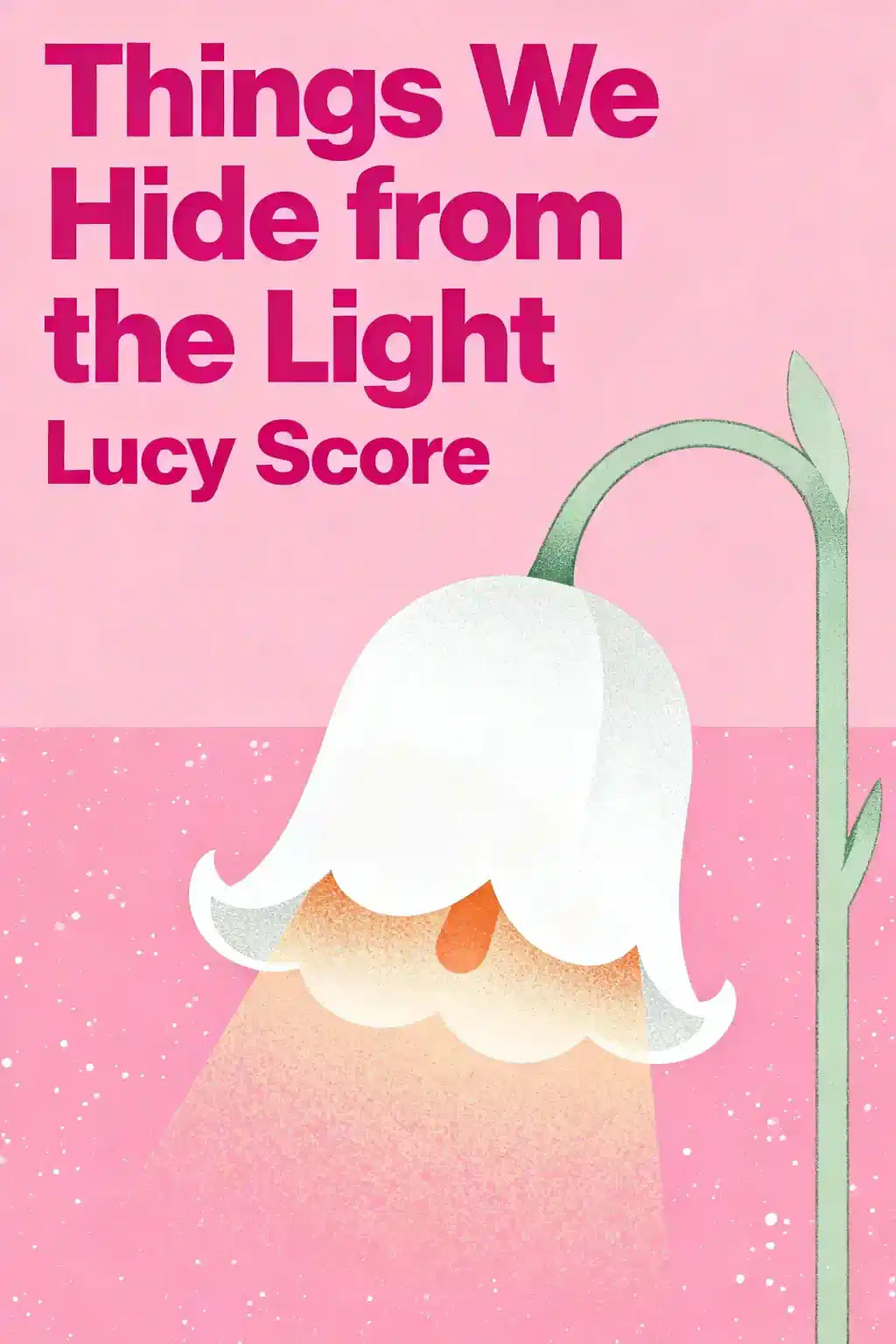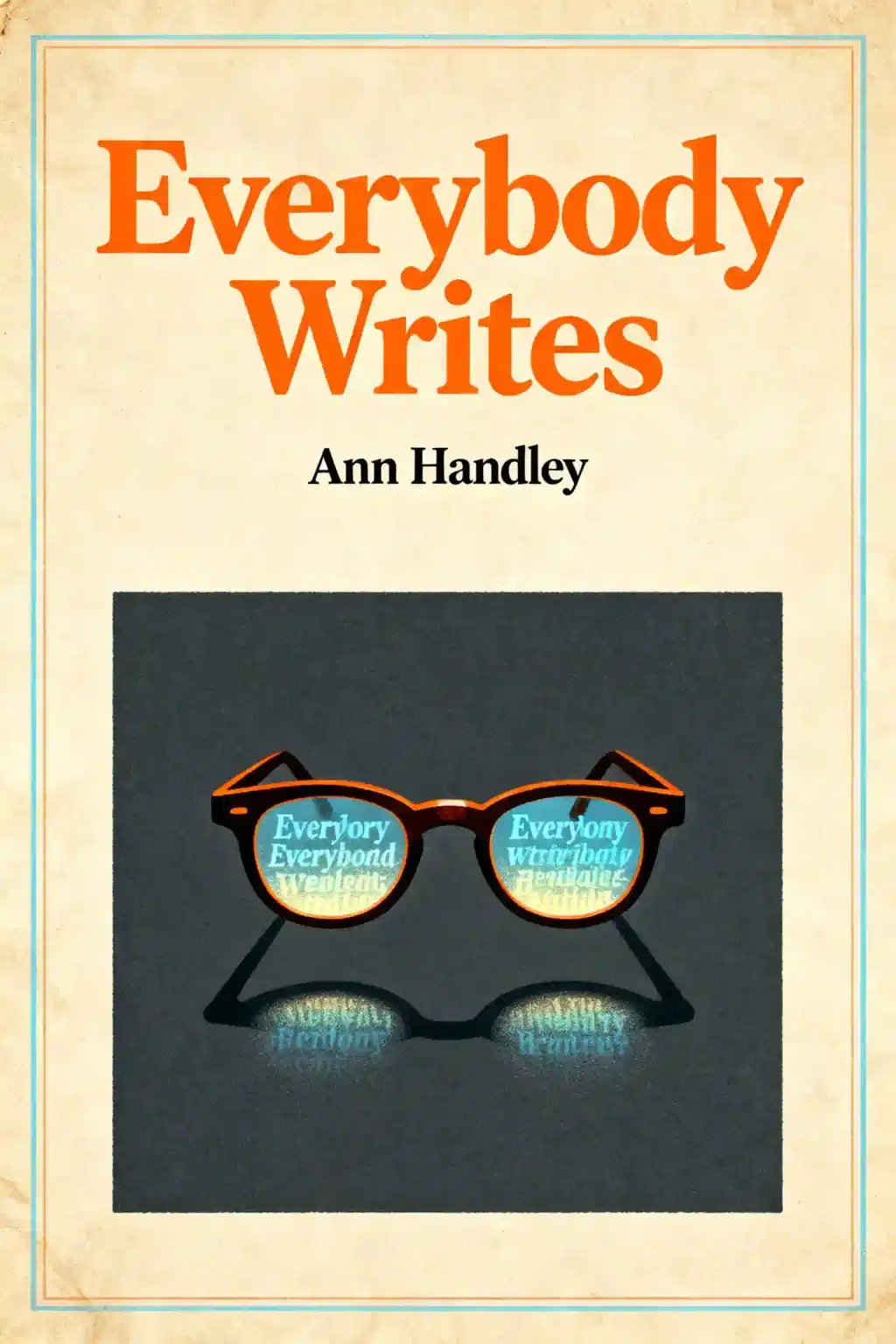What is The Apothecary Diaries about?
The Apothecary Diaries by Natsu Hyuuga follows Maomao, a young apothecary who is kidnapped and sold into servitude at the imperial palace in a fantasy country inspired by Tang Dynasty China. Using her extensive knowledge of poisons, medicine, and herbs, Maomao solves medical mysteries affecting the emperor's concubines and newborns, catching the attention of Jinshi, an influential eunuch. The light novel blends historical fiction, mystery, and political intrigue as Maomao navigates palace conspiracies while maintaining her eccentric, curious personality.
Who is Natsu Hyuuga, author of The Apothecary Diaries?
Natsu Hyuuga is a Japanese novelist from Fukuoka Prefecture who originally published The Apothecary Diaries under the pen name Uribō on the novel submission website Shōsetsuka ni Narō in 2011. Her debut novel was officially published in 2012, and she changed her pen name to Hyuganatsu at her editor's suggestion. Hyuuga's pen name comes from her favorite fruit and is treated as one word rather than a traditional first-last name structure. Her writing is praised for intricate plotting, detailed world-building, and complex character development.
Who should read The Apothecary Diaries light novel?
The Apothecary Diaries is perfect for readers who enjoy historical mystery with strong female protagonists, political intrigue, and Asian-inspired fantasy settings. Fans of medical mysteries, palace dramas, and slow-burn romance will appreciate Natsu Hyuuga's intricate storytelling and Maomao's intelligent, blunt personality. The series appeals to those interested in traditional Chinese medicine, forensic investigation, and social dynamics within historical hierarchies. Readers seeking aromantic or asexual representation may also connect with Maomao's character.
Is The Apothecary Diaries worth reading?
The Apothecary Diaries is highly regarded for its unique blend of medical mystery, historical fiction, and compelling character dynamics that set it apart from typical light novels. Natsu Hyuuga creates an intricate world where readers follow Maomao solving poisoning cases and political conspiracies using scientific reasoning. The series has gained a dedicated fanbase, multiple manga adaptations, and a successful anime adaptation, demonstrating its widespread appeal. The complex plotting and detailed world-building make it a worthwhile read for those seeking intelligent, character-driven storytelling.
Who is Maomao in The Apothecary Diaries?
Maomao is the protagonist of The Apothecary Diaries by Natsu Hyuuga—a plain-looking, freckled daughter of an apothecary raised in the Verdigris House brothel. After being kidnapped and sold to the imperial palace, she uses her knowledge of poisons, medicine, and basic chemistry to become an unofficial forensic pathologist and lady-in-waiting. Maomao is characterized by her insatiable curiosity, eccentric personality, and preference for testing poisons on herself rather than dealing with romantic advances from Jinshi. Her intelligence and bluntness make her a refreshing protagonist who actively avoids palace intrigue while solving complex medical mysteries.
What is the relationship between Maomao and Jinshi in The Apothecary Diaries?
Jinshi is a beautiful eunuch who oversees the rear palace administration and becomes quickly enamored with Maomao after witnessing her solve medical mysteries. Unlike everyone else who finds Jinshi's appearance captivating, Maomao is completely unaffected and often finds him creepy, preferring to avoid him at all costs. Later revelations show that Jinshi is not actually a eunuch but the Emperor's younger brother using suppressants to hide his identity. Despite Maomao's reluctance and resentment toward being dragged into palace intrigue, she often helps Jinshi solve mysteries while maintaining her indifference to his romantic interest.
What historical period is The Apothecary Diaries set in?
The Apothecary Diaries takes place in a fictional country based on Imperial China during the Tang Dynasty, though Natsu Hyuuga incorporates knowledge closer to the late Ming Dynasty. The setting blends early medieval Chinese palace culture with more modern medical practices, including references to procedures like cesarean sections. The world-building includes foreign ambassadors wearing hoop skirt-like fashion reminiscent of mid-1800s Europe, and firearms resembling advanced flintlock weapons. This creative anachronism allows Hyuuga to explore diverse medical and social concepts while maintaining the aesthetic of ancient Chinese imperial courts.
What makes The Apothecary Diaries unique among light novels?
The Apothecary Diaries stands out by combining forensic science with palace intrigue, featuring a protagonist whose passion for poisons and medicine drives the narrative rather than romance. Natsu Hyuuga creates a protagonist in Maomao who actively resists romantic tropes, preferring to test dangerous substances on herself and solve mysteries through scientific reasoning. The series offers detailed exploration of traditional Chinese medicine, pharmaceutical knowledge, and toxicology within a historical mystery framework. This intellectual approach to problem-solving, combined with complex political conspiracies and possible aromantic representation, differentiates it from conventional light novel fare.
What are the main themes in The Apothecary Diaries by Natsu Hyuuga?
The Apothecary Diaries explores themes of social class and servitude, as Maomao navigates life as an indentured servant while her skills make her invaluable to the palace. Political intrigue and conspiracy weave throughout as characters manipulate power structures and plot assassinations within the imperial court. The series examines knowledge as power, showing how Maomao's medical expertise elevates her status despite her low birth. Gender roles and female agency are central themes, particularly through Maomao's upbringing in a brothel and her determination to maintain autonomy in a restrictive palace environment.
What kind of mysteries does Maomao solve in The Apothecary Diaries?
Maomao solves medical mysteries ranging from identifying the cause of illness affecting the emperor's concubines and newborns to uncovering poisoning attempts and assassination plots. She uses her knowledge of herbs, poisons, and chemistry to act as an unofficial forensic pathologist, analyzing symptoms and substances to determine causes of death or illness. Cases include deciphering the previous emperor's final actions, investigating missing corpses, and protecting pregnant consorts from harm. Later mysteries reveal a larger conspiracy involving court lady Suirei, who uses herbal medicine knowledge to assassinate officials connected to the Board of Rites.
How does The Apothecary Diaries blend mystery and historical fiction?
Natsu Hyuuga seamlessly integrates detective-style mystery solving with rich historical world-building inspired by Tang Dynasty China. Maomao approaches each case using scientific methodology—analyzing poisons, examining symptoms, and applying pharmaceutical knowledge—while navigating strict imperial palace protocols and social hierarchies. The historical setting provides authentic context for palace intrigue, concubine politics, and eunuch administration, while the mystery elements drive plot progression through forensic investigation. This combination creates a unique reading experience where readers learn about traditional Chinese medicine and court customs while following complex murder mysteries and political conspiracies.
Why is The Apothecary Diaries still popular in 2025?
The Apothecary Diaries continues gaining popularity through its successful anime adaptation, with Season 1 airing from October 2023 to March 2024 and Season 2 from January to July 2025, plus an announced sequel. The series' arrival on Netflix has made it accessible to wider audiences beyond Crunchyroll subscribers, introducing new readers to Natsu Hyuuga's light novels. Its timeless themes of using intelligence and expertise to overcome adversity resonate with modern audiences seeking strong, unconventional protagonists. The blend of medical mystery, political intrigue, and detailed world-building offers sophisticated storytelling that appeals to readers tired of formulaic light novel tropes.














